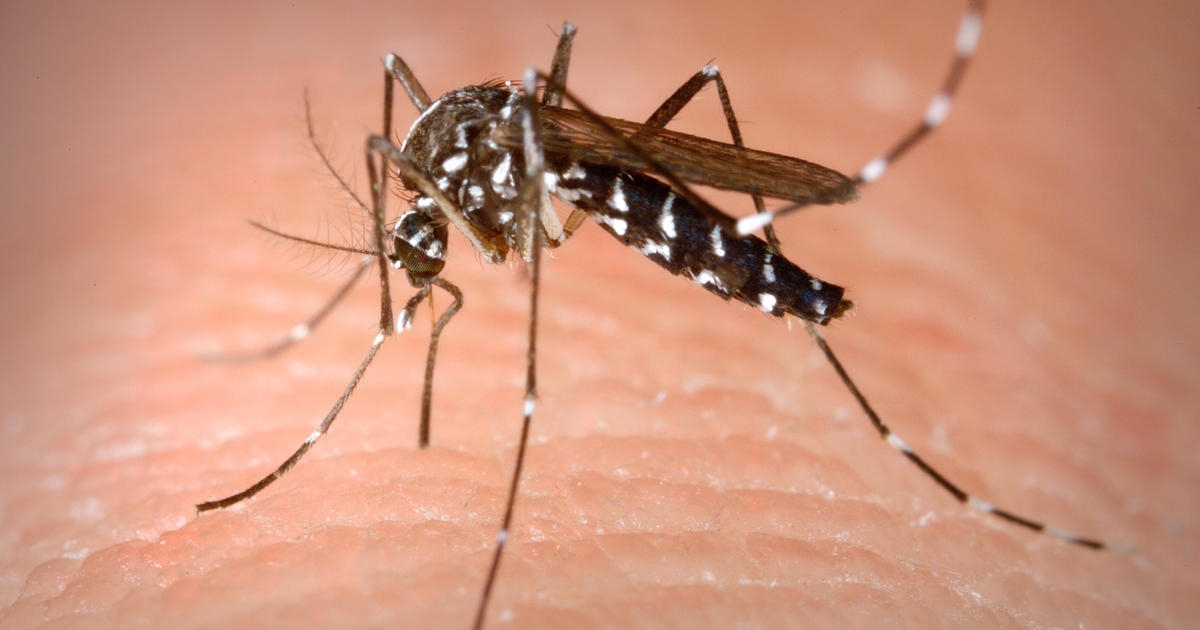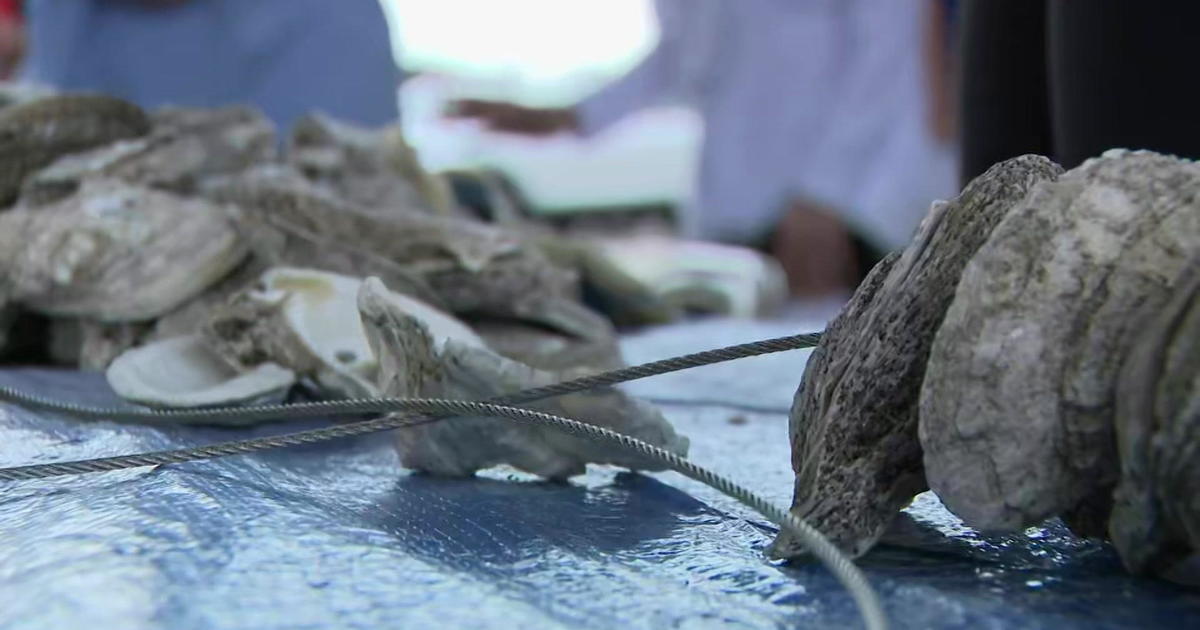Miami-Dade Trying To "Fight The Bite" This Mosquito Season
Follow CBSMIAMI.COM: Facebook | Twitter
MIAMI (CBSMiami) - The start of our rainy season means the return of our least favorite summer visitors - mosquitoes.
In Miami-Dade, Mayor Carlos Gimenez is urging residents to drain any standing water around their residences, cover anything that can collect water, and start using bug spray when outside. Mosquito larvae thrive in containers around people's homes and grow in standing water and even containers as small as a bottle cap.
"We're bringing this up now because it is mosquito season, we want people to put that back in their minds that hey, we need you to keep safe, we need you to do certain things around your home, we need you to eradicate as much as possible in your area," said Gimenez.
Our recent rains have helped to create good conditions for the mosquito larvae to grow.
The county's Mosquito Control Division works year round to control by flying pests by doing residential mosquito inspections, proactive spraying to kill mosquito larvae, and monitoring 160+ countywide mosquito surveillance traps.
Truck spraying using the organic #larvicide #Bti is scheduled to take place overnight TONIGHT in the SE section of #MiamiBeach. Remember - stay back 100 feet! Click https://t.co/NMaQSeiW8s for more information. https://t.co/9CAWnwrSuP
— 305 Mosquito Control (@305Mosquito) May 23, 2018
The county also has a partnership with Kentucky-based MosquitoMate which is using Wolbachia bacteria infected non-biting mosquitoes to reduce the population of the Aedes aegypti species in South Miami.
"Wolbachia is a naturally occurring bacteria that when introduced into non-biting male Aedes aegypti mosquito it makes them sterile. When the males mate with the females, the resulting eggs do not hatch," explained Gimenez.
Since Aedes aegypti mosquitoes travel only about 150 yards or so in their lifetime, if you see one there are likely more out there - or soon will be.
"It's likely that if there is an Aedes aegypti mosquito flying around your house, that it bred somewhere around your house. So that's why we need our neighbors, ourselves, to do as much as possible to eradicate that kind of mosquito," said Gimenez.
Reducing the likelihood of mosquito breeding is a critical step in preventing the transmission of vector-borne illnesses such as dengue, malaria, chikungunya and potentially Yellow Fever, which has recently been reported as a growing outbreak in Brazil.



